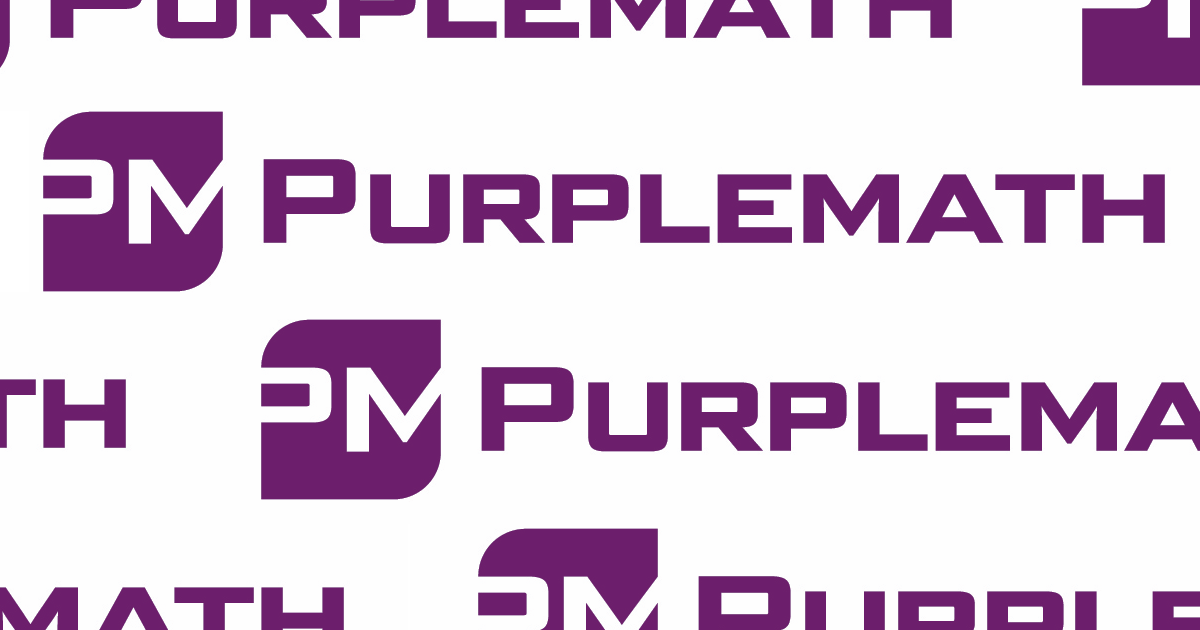poochybear
New member
- Joined
- Feb 18, 2023
- Messages
- 1
If your textbook doesn't provide an explanation for these concepts (combinations of functions, composition of functions, and inverse functions), and helpful examples, you can find lessons online. We aren't really set up to give you complete lessons.please refer to the screenshot. I'm new to the topic and am quite clueless. thanks in advance!



